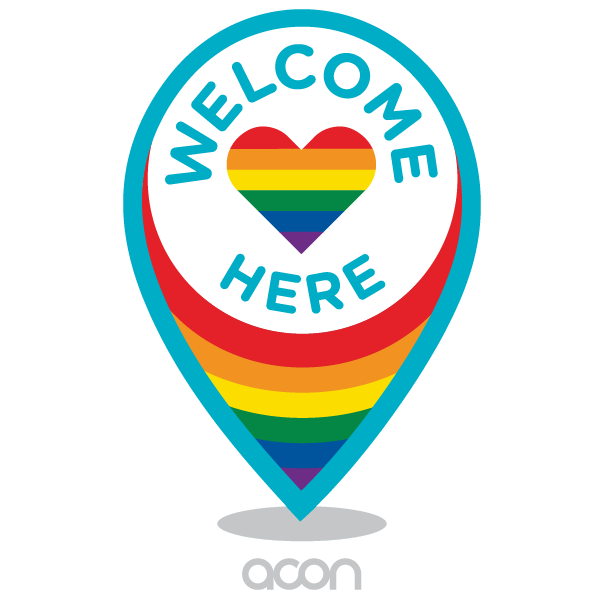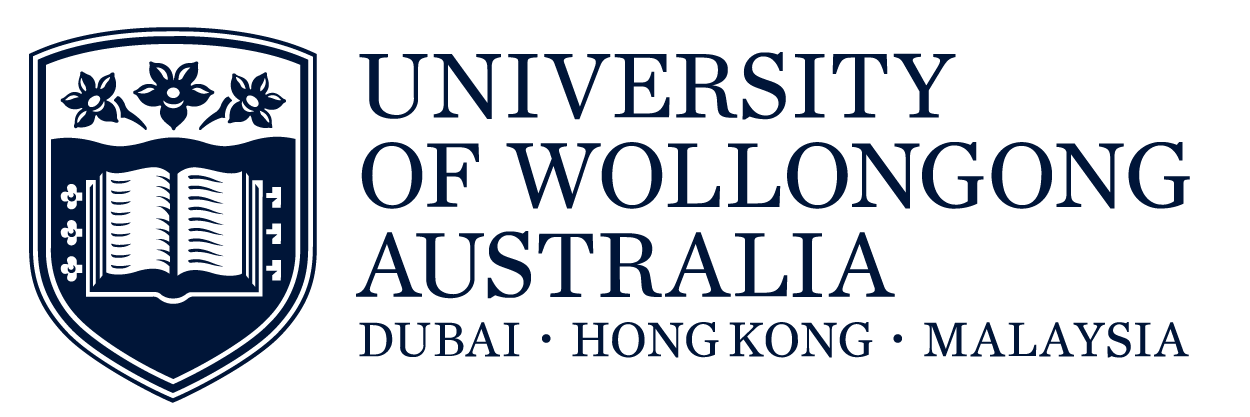Societal impact
Societal impact is about creating a verifiable contribution beyond academia to the economy, society, culture, public policy, public services, health, the environment, or quality of life. In other words, the impact of academic research on broader society and the changes as a direct result of your research.
The University of Wollongong creates pathways for research to have beneficial impacts in its broader community. UOW encourages and nurtures engagement with industry, community and government to tackle the most pressing challenges, introduce disruptive technologies and change our world for the better.
Evidence of societal impact
Much like evidence of research impact, evidence of societal impact can be qualitative or quantitative, and depending on the type of research output and the type of evidence you need, it will be in various places and may or may not be publicly available.
For evidence which is only publicly available temporarily or not at all, like conference papers, testimonials or websites, it is good practice to capture and store the evidence locally, so you have access to it when you need it. If you haven’t started this already, plan for evidence collection within your research projects and consider where you will keep or store the evidence you collect.
The following contains some examples of evidence types that may be useful when referencing the impact of your work outside academia:

Image created by UOW Library and shared under CC BY-SA licence.
Published or public evidence
- Awards or prizes
- Best seller listing
- Clinical guidelines
- Conference proceedings
- Evidence provision to Statutory Committee
- Exhibitions
- Exhibition catalogues or websites
- Hansard proceedings or debates
- Library holdings
- Media and social media
- Meeting agendas and minutes
- Membership of Statutory Committee
- Patents
- Podcasts
- Policy documents
- Product development
- Professional body recognition
- Published reports
- Reviews of works
- Survey results
- Translations
Short term public evidence
- Artist-in-residence programs may indicate public and community engagement
- Blogs
- Conference proceedings
- Exhibitions or events
- Media
- Promotional ephemera
- Websites for exhibitions or events
May (or may not) be publicly available:
- Conference proceedings>
- Inclusion in festivals or broader compilations
- Research support for external bodies
- View, stream or download statistics
Only available to you:
- Commissions
- Conference proceedings
- Downloads
- Event attendance books
- Invitations to speak, perform or exhibit
- Media and social media analytics
- Personal correspondence.
- Photographs
- Podcast metrics
- Prestige of venue or audience
- Sales figures
- Testimonials
- Training materials
- Visitor numbers
As part of your research, plan for evidence collection within your project.
Consider where you will keep or store the evidence you collect.
Impact Tracker
UOW staff have access to ImpactTracker through the myVVid platform to track and store evidence of impact:
- Impact Tracker - to plan and collect evidence and write about your impact
- Track Impact - for public impact stories and a collaboration platform
- Impact Academy - for impact training available to subscribers only.
Further UOW support for can be found on the Research and Innovation Division’s Research impact page (UOW staff intranet).


